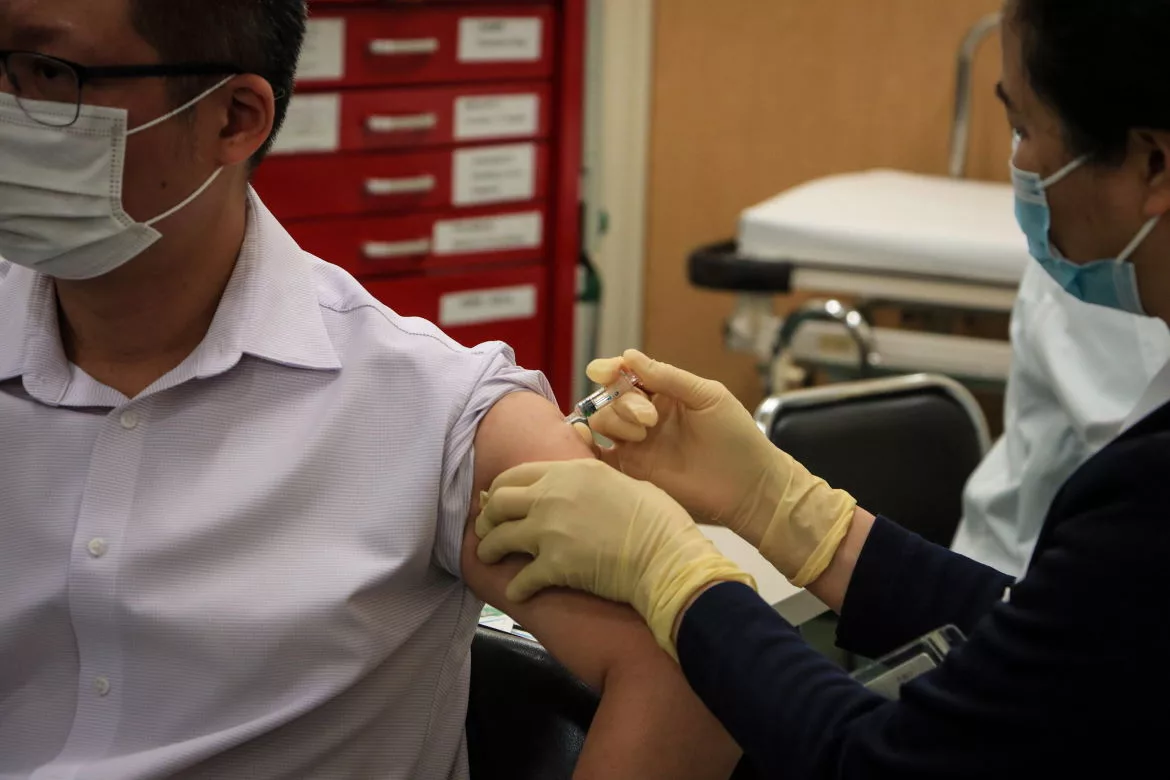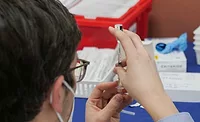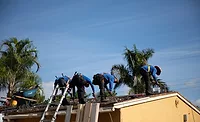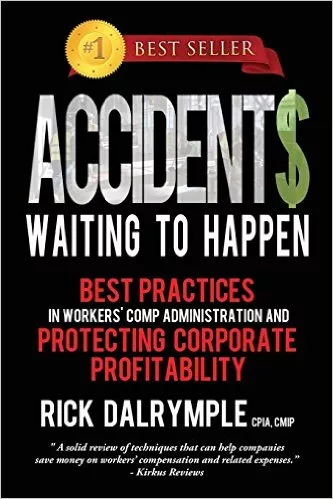Survey Shows Construction Workers Most Hesitant Group to Get COVID Vaccine
Reasons for Hesitancy Include Lack of Trust in Vaccines and Government

Photo by Macau Photo Agency on Unsplash.
As the rollout of the COVID-19 vaccine continues in the U.S., a new study shows that nearly one out of two construction workers will not get vaccinated.
A study from Carnegie Mellon University and the University of Pittsburgh surveyed adults ages 18 to 64 asking whether they would get vaccinated if offered the vaccine. Nearly half (46.4%) of those who identified as being in the construction, oil and gas extraction or mining industries answered they “probably” or “definitely” would not choose to receive the vaccine.
“Vaccine hesitancy is emerging as a key barrier to ending the COVID-19 pandemic,” said lead author Wendy C. King, Ph.D., associate professor of epidemiology in Pitt’s Graduate School of Public Health, in a written statement. “Identifying occupations with a high rate of COVID-19 vaccine hesitancy and understanding the reasons for hesitancy can help public health practitioners and the health care community target interventions and address concerns to hopefully increase vaccination rates.”
Construction workers were the most hesitant employment group, followed by installation, maintenance and repair (42.6%); farming, fishing and forestry (41.2%); and transportation and material moving (34%).
Members of these high-hesitancy occupations more often reported lack of trust in the COVID-19 vaccine and the government, disbelief about the need for the vaccine and dislike of vaccines in general for their hesitation. Other reasons included waiting to see if the vaccine is safe.
The study is consistent with survey results published by Morning Consult in February, which found that 53% of construction workers would get the COVID vaccine if offered. The employment group was among the most hesitant in this survey as well.
The National Roofing Contractors Association and construction industry partners held a COVID-19 Vaccine Awareness Week in Construction April 19-23 to encourage construction professionals to do their part to help end the pandemic.
“Our study indicates that messaging about COVID-19 vaccine safety and addressing trust are paramount,” said King.
Vaccine hesitancy has decreased, according to the new survey, shrinking from 27.5% in January to 22.1% in March among respondents, indicating a rise in vaccine acceptance.
A Path Out of the Pandemic
The study’s findings come at a time when the Centers for Disease Control (CDC) released projections that the number of COVID cases, hospitalizations and deaths will experience a “sharp decline” by July 2021 so long as vaccinations continue at high rates and people wear masks and physically distance when necessary.
“The rapid rollout of vaccination is having a positive impact on the COVID-19 pandemic in the United States and reported disease nationally during April has been on the lower end of the scenario projections to date,” the study authors wrote.
However, the projections note that “multiple jurisdictions” have seen a resurgence of cases and others will likely experience the same if adherence to preventative measures declines. The CDC notes that the projections aren’t definitive, as virus variants that are potentially more contagious and deadly could play a factor.
The CDC recently relaxed some of the preventative measures that people need to take if they are fully vaccinated. For instance, fully vaccinated workers no longer have to wear masks when conducting outdoor activities, and no longer need to be restricted from work if they’re exposed to COVID, so long as they’re asymptomatic. A person is considered fully vaccinated at least two weeks after they received the last dose of their vaccine.
Employers can also take advantage of tax credits funded by the American Rescue Plan that provides full pay for employees who take time off to get and recover from a COVID-19 vaccination.
Looking for a reprint of this article?
From high-res PDFs to custom plaques, order your copy today!









